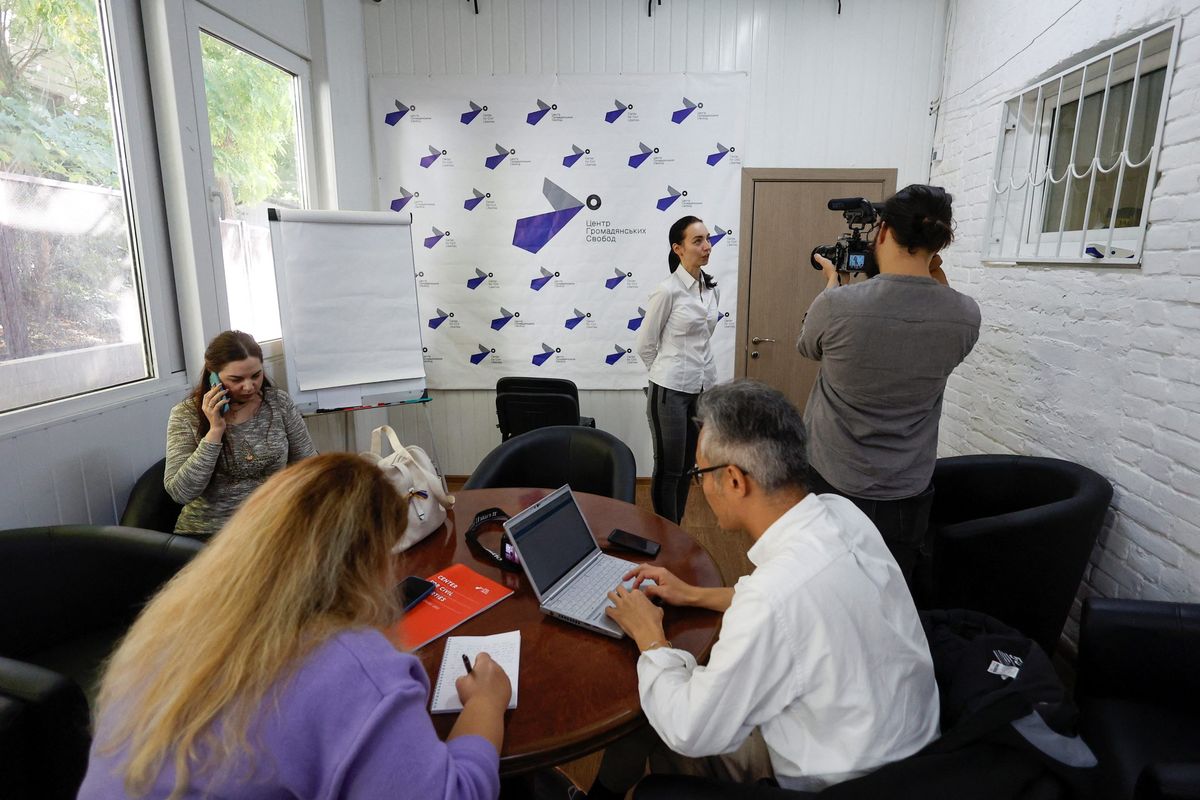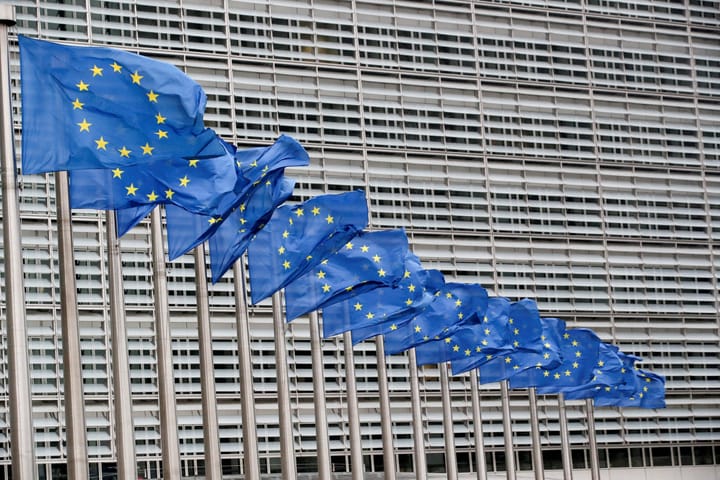The 2022 Nobel Peace Prize is shared among Ukraine, Belarus and Russia activists

A few minutes every morning is all you need.
Stay up to date on the world's Headlines and Human Stories. It's fun, it's factual, it's fluff-free.
Last week, the Nobel Prizes were awarded, including the prestigious Nobel Peace Prize. At this point, it’s been awarded 103 times to 140 Nobel Prize laureates since 1901, 110 individuals and 30 organizations. Winners promote peace in various ways, from human rights to disarmament. About a third of them have been shared among different people and organizations. But, the awarding committee is sometimes accused of being politically motivated and subjective and judging based on aspiration rather than achievements.
This year’s Nobel Peace Prize was awarded on Friday and is shared among three winners. Human rights groups from Russia and Ukraine – Memorial and the Center for Civil Liberties – won the prize along with jailed Belarusian advocate Ales Bialiatski. They’re being rewarded for human rights advocacy and promoting democracy.
But some Ukrainians aren’t too happy with being put together with winners from Russia and Belarus. And the head of the Ukrainian Center for Civil Liberties has warned against putting the three together in a “Soviet narrative.”
Key comments:
“Despite all the merits of the laureates from Russia and Belarus, Ukrainians do not want the struggle for human rights in the three countries to be perceived equally,” tweeted Ukranian journalist Anastasia Magazova.
“[The winners] have for many years promoted the right to criticize power and protect the fundamental rights of citizens,” the Norwegian Nobel Committee said.
“We don’t see – and we shouldn’t see – this prize … as a Soviet narrative about brotherhood nations. This is a story about fighting against a common enemy,” said Oleksandra Matviychuk, the head of the Ukrainian Center for Civil Liberties, at a press conference on Saturday.




Comments ()